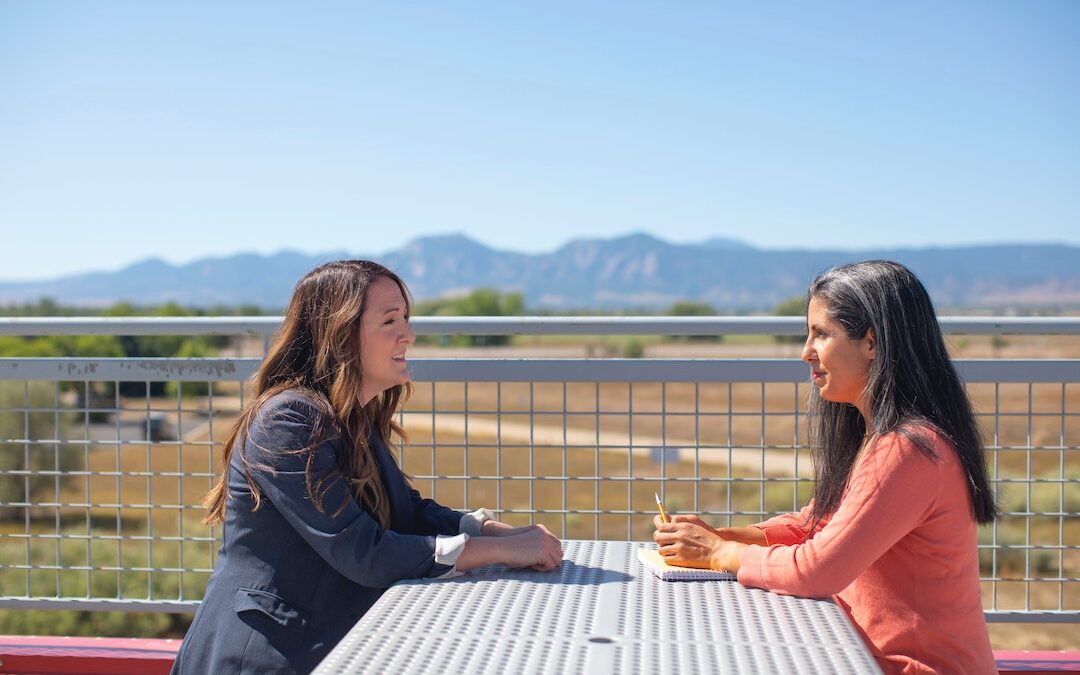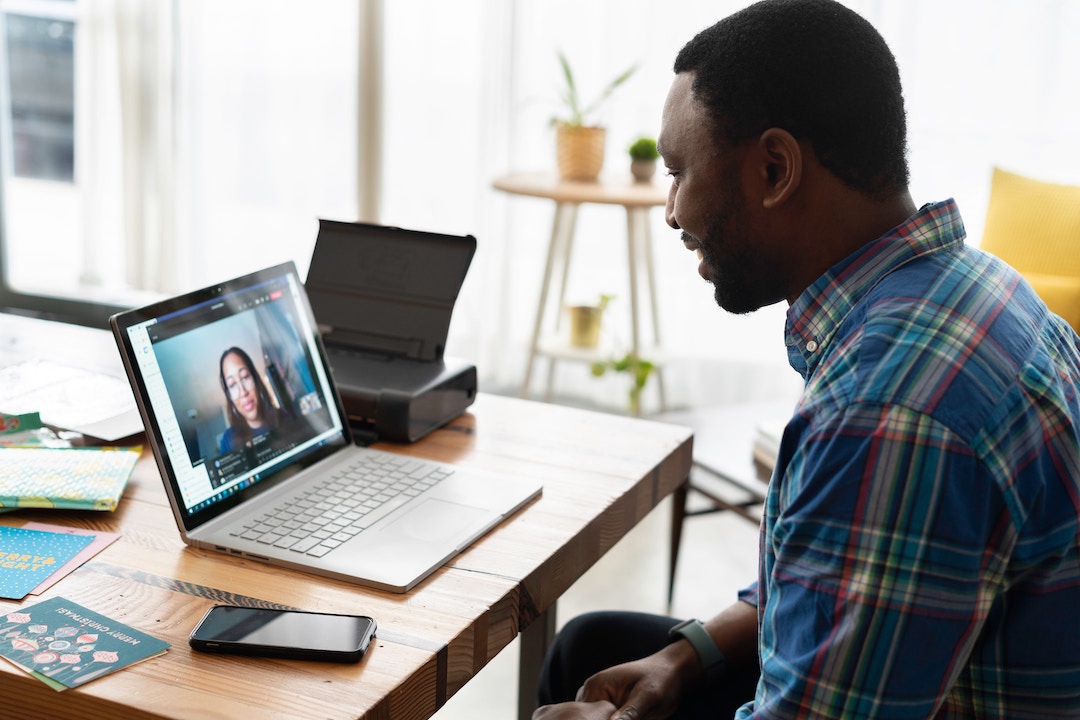After studying several major Australian public and private sector organisations during COVID-19, researchers from the ECU School of Business and Law reveal the most effective method of ensuring employees stay productive and on task while working from home.
How do organisations keep tabs on remote employees who are working from home?
Many companies are tackling this issue with myriad new digital surveillance technologies, but a team of remote working experts from Edith Cowan University’s School of Business and Law have found one method is the most effective of all.
“Quite simply, managers have got to build a relationship based on trust, not monitor how much time employees are sitting at their computers.”
Professor Tim Bentley, Edith Cowan University
“Surveillance will not only kill the trust engendered through the collaborative efforts to make remote working work during COVID-19 restrictions and beyond, but also have potential mental health and privacy implications for workers,” says Bentley.
ECU Professors Ben Farr-Wharton, Tim Bentley and Maryam Omari, along with their research team, studied several major Australian public and private sector organisations during COVID-19. The researchers have received nearly $2 million in funding for tailored research projects that build organisational capability for employee wellbeing. They found working from home was surprisingly successful in terms of both productivity and employee wellbeing.
As many jurisdictions across Australia are now slowly emerging from lockdown, and re-evaluating their work-from-home arrangements, the research team have assembled the following guiding principles to help organisations and their managers better structure their remote and flexible working to suit the future world.
Go Hybrid
The evidence examining flexible and remote working indicates that hybrid arrangements are best. Going hybrid means that some of the working week is spent at the office, and some at an alternative space (like home). This allows for a healthy balance of team collaboration with chances for face-to-face meetings and informal sharing, in addition to undisrupted, individual flow.

Change the way you manage
Managers need to move to goal-setting and outputs-based approaches, rather than perpetuating the ‘bums on seats’ mentality that has done little for raising productivity nor enhancing motivation, morale and retention of staff in the past.
According to Associate Professor Ben Farr-Wharton, their studies highlighted that during the pandemic, many managers made additional efforts to communicate well with staff and ensured all team members felt supported and trusted.
“Unsurprisingly, we’ve seen a positive correlation with this trust-based management style, and work productivity and performance more generally,” he says.
“Results showed how the human spirit can prevail where line managers and work teams are willing to innovate to get the job done and support each other through formal and informal processes.”
Respect
Professor Maryam Omari notes that “Australia boasts a multi-generational and diverse workforce.”
“While hybrid work arrangements are best, allowing and respecting flexibility in when and where people work (when they are working remotely) is essential,” she says.
Flexibility is a key ingredient to advancing work-life balance and an inclusive culture, and is therefore a key consideration for attracting top-end talent to your organisation.
Innovation for the future
A positive consequence of the COVID-19 pandemic was a global attitude shift about working from home. The research team recommends that as we move into the future, we need to lock in the lessons learnt, and not slip back into archaic and exclusive modes of work.
“During lockdown, people were able to overcome challenges through innovation, workarounds and “sheer bloody-mindedness” in some cases, to ensure productivity was maintained,” Professor Bentley said.
“Trust and a shift towards an outputs-based management approach were critical ingredients in this outcome. Colleagues were invited into each other’s homes and lives through informal e-meetings and the net result was more understanding, empathy and resilience.”
Innovation starts with listening to your employees and finding out what works for them, and then customising your policies, procedures and the way you manage your staff, to get the best outcome overall.

This article was compiled by the School of Business and Law at Edith Cowan University based on research conducted by professors Ben Farr-Wharton, Maryam Omari and Tim Bentley (pictured left to right).
For more information on dealing with disruption in the remote working world, click here.


